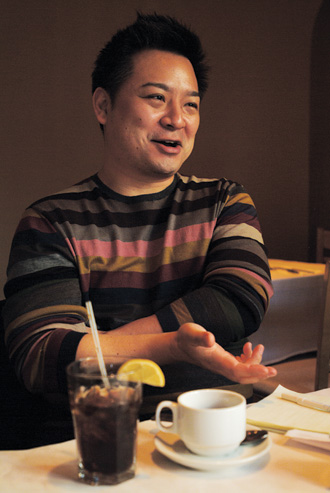By Corina Knoll
In the days following the Virginia Tech tragedy, Korean and Korean American communities across the nation united for a time of mourning and reflection, struggling to find solace amid a storm of questions and fears. At quickly organized vigils and church services, they shared sorrow for the 32 victims and their loved ones.
The gatherings also seemed to serve an added purpose: to regroup as a community. Virginia Tech had posed new questions and challenges to Korean Americans, including how to respond to a national tragedy when the killer had the same face as our own.
It was around 9:55 a.m. on April 16 when Virginia Tech junior Sara Hwang finished class and noticed several police cars on campus.
“There was someone telling students, ‘You have to stay in the building.’ But we didn’t think she was serious, so a lot of us just left,” recalls the 21-year-old biology major.
Hwang walked to War Memorial Hall, planning on getting in an early workout at the gym. She, along with 15 others, ended up getting locked in the building by campus security for three hours. Inside, the group struggled to connect the images of fear and horror on the TV news with their institution of higher learning.
“At that moment it didn’t seem like it was real,” says Hwang. “At first, the news reported that one person had passed away. But as we kept watching, within three hours, the number got all the way up to 32.”
Two days later, Hwang headed home at the urging of her parents. When she returned to the university the night before classes were to resume, she did not feel fearful, though her campus just a week earlier was scene to one of the most horrific shooting sprees in this country’s history. Instead, she felt relieved to be back in an environment where people could share in her experience and grief in the same way.
“[My family] wasn’t here when this happened,” she says. “They understand how tragic it was, but I guess I kind of enjoyed coming back to school because I have friends here, and I like being around people who were all on campus together when this happened. I feel like we’re more united now. I’m a true Hokie at heart.”
It’s a sentiment shared by others at Virginia Tech. Graduate student Seung-woo Lee, leader of the on-campus Korean student association, has fielded multiple calls from the media. His newfound responsibility as the voice of the school’s KA community has worn on him and the 35-year-old is tired of the correlations being made between Seung-Hui Cho’s act and his Korean roots.
“We are Hokies,” he emphasizes. “I don’t have any special feelings because he was Korean. I just feel sad. It happened on our campus — it could’ve happened somewhere else, but it happened on our campus.”
Senior Andrew Chang says walking on that campus now has made him more conscious of himself as a Korean American, mostly due to what he calls the media’s “unwarranted emphasis on his nationality.”
“It’s almost as if they’re saying him being a Korean citizen had something to do with his motive,” says Chang.
“I don’t know if it’s in my head, but if I just walk around and see someone looking at me, I kind of think twice about what he’s thinking. It’s just an effect I can’t control, but I do feel it.”
The 22-year-old Seattle native also says Cho’s identity struck an uncomfortable chord with him.
“I’m Korean, I’m also an English major like him, I’m also a senior,” he says listing the similarities between himself and Cho. “He was so close to me in a way. There was a good chance that I could’ve known him.”
Now, after the news camps and TV vans have left, students are seizing the opportunity to come to terms with what they experienced and figure out how to move on.
“Blacksburg is a really quiet town, and we never expected a thing like that to happen to us,” says junior Hanna Pak, a 21-year-old majoring in graphic design. “It’s just a reminder that life is really short.”






